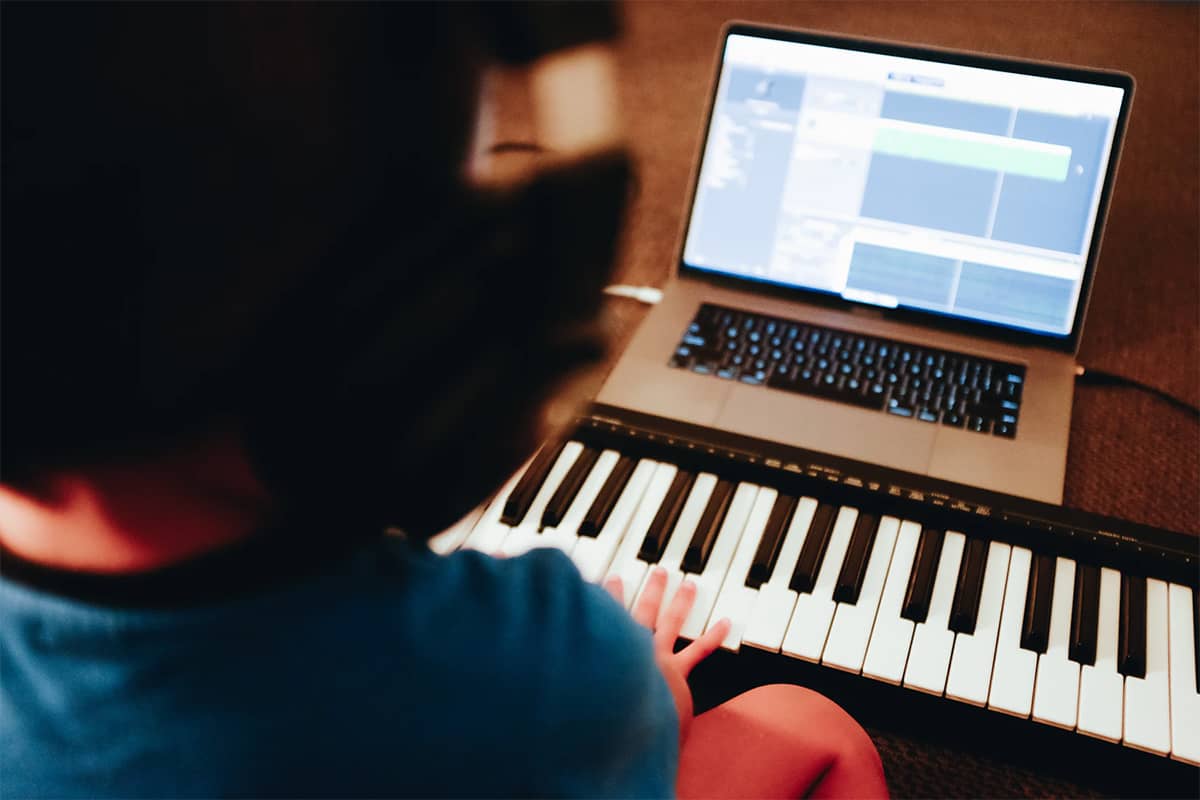How to Maintain a Good Practice Routine


Practicing an instrument at home outside of lessons, rehearsals and jam sessions is one of the best things you can do to continue improving your skills and knowledge. For some, making the time to practice is easy. For others, it’s more of a struggle. No matter where you are on that spectrum, these tips can help you stick to a routine and get the most out of practice. Let’s look at how to maintain a good practice routine with Stages Music Arts.
Make sure that you’re practicing in a place that’s relaxing and free of distractions. You want to make sure that when you’re practicing, you’re only focusing on the task at hand: playing music.
Every musician wishes they could just play music all day, but that’s not possible for most of us. It’s important to be realistic about how much time you have to practice in a day or week, and that you set your agenda based on how much time you have. Don’t put too much pressure on yourself – the important thing is that you’re practicing and improving.
Get yourself started by playing through scales or other exercises. This will help you ease into practice, and you’ll be ready to tackle whatever your goal is for that session.
It’s important that you have a goal for your practice, whatever it may be. It could be to perfect one part of one composition, it could be to get a feel of an overall song and sight-read through it, it could be to work on theory and scales. Whatever it is – make sure you have an achievable goal you can work towards.
It could be part of your playing technique you want to work on, it could be a small part of something you’re learning, it could be speed – wherever it is that you’re struggling with, acknowledge it and take steps to correct it.
Make sure your practice routine is helping you reach new levels of playing. It can be tempting to go back and play old favorites that you know really well, but you only get better if you challenge yourself.
End your practice session by playing music you love, and look for other ways to keep yourself engaged and inspired.
There’s no better way to keep yourself accountable than to document your practicing – how many days a week you practice, how long you practice for and what you practice. You’ll be able to track your progress as you go!
As you can see, there are a number of things you can do to maintain a good practice routine. Do what works for you, as long as you’re taking the time to pick up your instrument and challenging yourself. Happy practicing!
Sign up with your email address to receive news and updates.